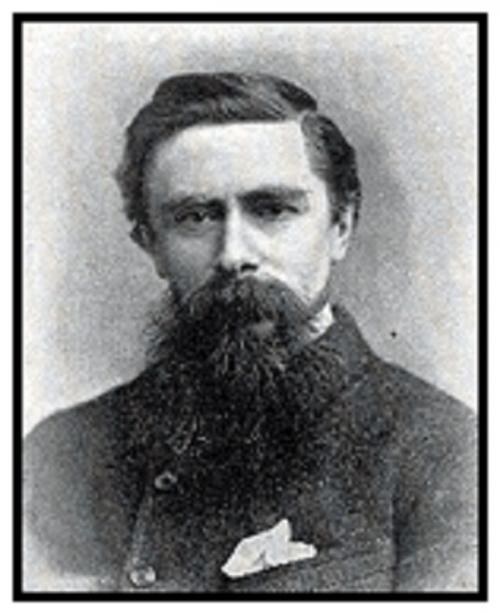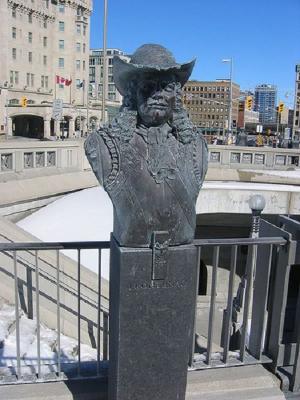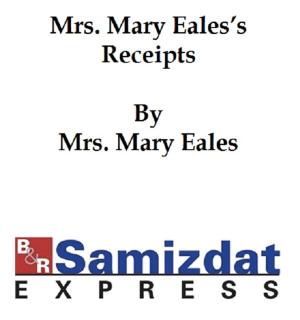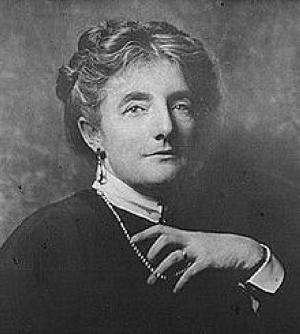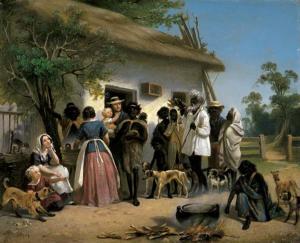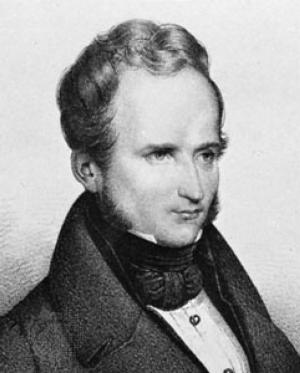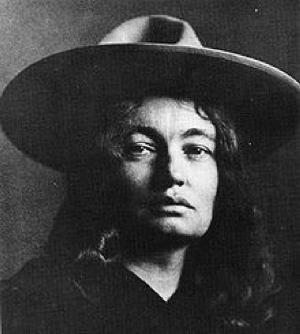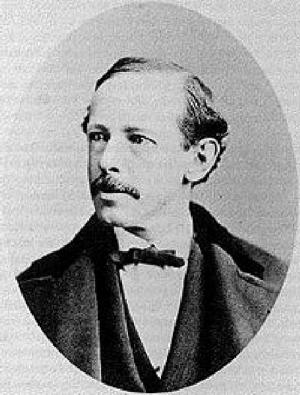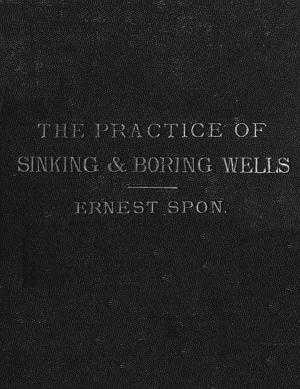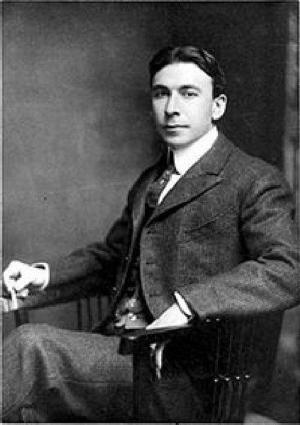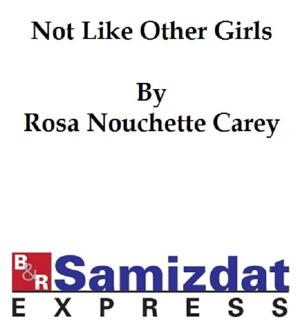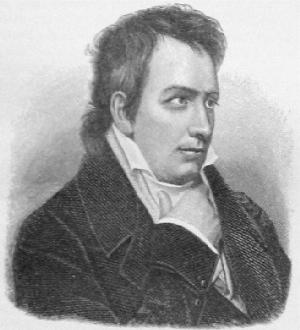Dick o' the Fens, A Tale of the Great Eastern Swamp
Fiction & Literature, Classics, Kids, Teen, General Fiction, Fiction| Author: | Fenn, George Manville | ISBN: | 9781455302826 |
| Publisher: | B&R Samizdat Express | Publication: | June 10, 2015 |
| Imprint: | Quench Editions | Language: | English |
| Author: | Fenn, George Manville |
| ISBN: | 9781455302826 |
| Publisher: | B&R Samizdat Express |
| Publication: | June 10, 2015 |
| Imprint: | Quench Editions |
| Language: | English |
A number of the actors in this tale speak in a broad Lincolnshire Fenland dialect, which may make it a little hard for some readers. Some of the more unusual words are annotated in square brackets. The Squire sees the gradually encroaching bog and marsh in his land, and realises that with drainage he could reclaim this as good farm land. On the other hand some of the locals would rather see the fen remain, along with their various occupations, and the wonderful and fragile wet-land natural history. When digging begins there are a number of nasty incidents--torching of houses, malicious woundings of horses and cows, gunshot wounds to humans, and even murders. A constable is called in, and takes a dislike to Dick, the Squire's son,and to his friend Tom. He tries to pin the blame on them. At times even Dick's father is inclined to think that way, too. But eventually the culprit is found. There are the tense moments typical of this author, and you will perhaps learn a lot about fenland natural history. According to Wikipedia: "George Manville Fenn (January 3, 1831, Pimlico - August 26, 1909, Isleworth) was a British writer. He worked as a teacher in Lincolnshire, until he became printer, editor and publisher of various magazines. He had eight children with his wife Susanna Leake, whom he had married in 1855. Most of his work consists of adventure stories for young readers, featuring Explorers, Smugglers, young Adventurers and Seamen. His adult novels offer critical social commentary on Victorian England, especially reconsidering economic questions."
A number of the actors in this tale speak in a broad Lincolnshire Fenland dialect, which may make it a little hard for some readers. Some of the more unusual words are annotated in square brackets. The Squire sees the gradually encroaching bog and marsh in his land, and realises that with drainage he could reclaim this as good farm land. On the other hand some of the locals would rather see the fen remain, along with their various occupations, and the wonderful and fragile wet-land natural history. When digging begins there are a number of nasty incidents--torching of houses, malicious woundings of horses and cows, gunshot wounds to humans, and even murders. A constable is called in, and takes a dislike to Dick, the Squire's son,and to his friend Tom. He tries to pin the blame on them. At times even Dick's father is inclined to think that way, too. But eventually the culprit is found. There are the tense moments typical of this author, and you will perhaps learn a lot about fenland natural history. According to Wikipedia: "George Manville Fenn (January 3, 1831, Pimlico - August 26, 1909, Isleworth) was a British writer. He worked as a teacher in Lincolnshire, until he became printer, editor and publisher of various magazines. He had eight children with his wife Susanna Leake, whom he had married in 1855. Most of his work consists of adventure stories for young readers, featuring Explorers, Smugglers, young Adventurers and Seamen. His adult novels offer critical social commentary on Victorian England, especially reconsidering economic questions."
